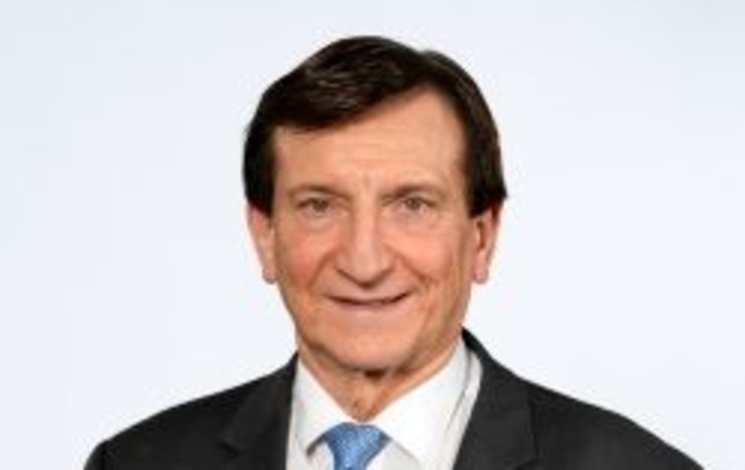In December last year the NSW Government announced changes to the way council meetings are conducted that it said would ensure greater transparency and increase community confidence in council decision making.
All councils are required to adopt a code of meeting practice based on the Model Meeting Code issued by the Office of Local Government.
Late last year the government released a consultation draft of amendments to the Model Meeting Code for public comment.
According to Minister for Local Government Ron Hoenig the changes aim to simplify the Model Meeting Code and ensure councillors are making decisions in the full view of the communities they are elected to represent and also aim to increase the dignity of the council chamber and remove the general manager’s involvement in council politics.
“Council meetings are where a council’s most important decisions should be made," Mr Hoenig said.
Latest Stories
“It concerns me that these decisions are increasingly being made behind closed doors in private briefings, locking out the community and protecting councils from public scrutiny.
“As a former mayor, I want to see all councils conducting their business in an open and public forum, where communities can engage with their council on issues that directly affect them."
Key changes, some of which have been recommended by the Independent Commission Against Corruption (ICAC) include:
- preventing councils from holding private councillor briefing sessions
- requiring information considered at closed meetings to be made public after it ceases to be confidential
- requiring councils to give reasons when making decisions on planning matters that depart from staff recommendations
- de-politicising the role of the general manager by removing the requirement for them to prepare reports on councillors’ notices of motion
- expanding the powers of the mayor to expel councillors from meetings for acts of disorder requiring councillors to stand when the mayor enters and when addressing the meeting
Mr Hoenig said changes to the Model Meeting Code were flagged in a discussion paper outlining the government’s proposed reforms to the councillor code of conduct system.
“The current Model Meeting Code has become unwieldly and is prone to drawing the general manager into political disputes which should be left to elected councillors to resolve," Mr Hoenig said.
“These changes are part of the government’s commitment to restore public trust in local government which has been eroded by years of neglect and a cultural shift towards secrecy over public service.”
Submissions will be accepted until Friday, 28 February 2025. To learn more and provide feedback, go to: https://www.olg.nsw.gov.au/councils/governance/model-code-of-meeting-practice/reforms-to-the-model-code-of-meeting-practice/















